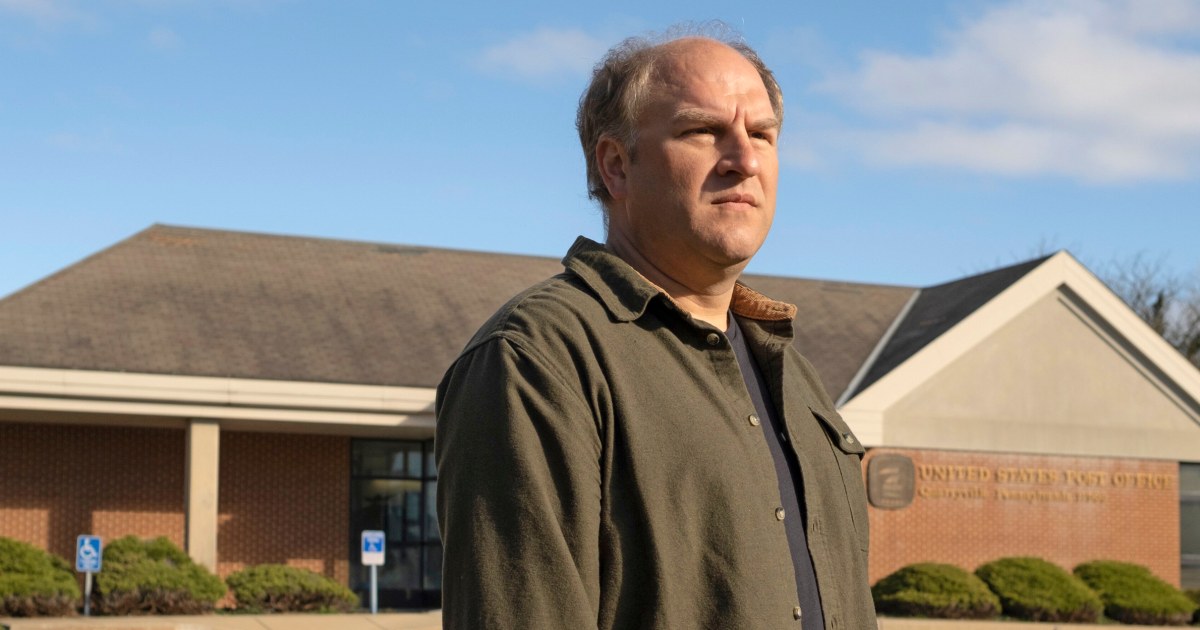Key takeaways:
- Gerald Groff is asking the Supreme Court to make it easier for employees to bring religious claims under Title VII of the Civil Rights Act.
- The outcome of the case could have a major impact on how employers accommodate the religious practices of their workers.
- The Supreme Court’s ruling could also have an impact on how religious claims are handled in other contexts, such as in public schools and universities.
The Supreme Court is set to consider a case on Tuesday involving a Christian former postal worker who claims the U.S. Postal Service violated a federal civil rights law by failing to accommodate his religious beliefs. Gerald Groff, the plaintiff in the case, is asking the court to make it easier for employees to bring religious claims under Title VII of the Civil Rights Act.
Groff alleges that the Postal Service could have granted his request to be spared Sunday shifts based on his religious belief that it is a day of worship and rest. This case is the latest in a series of cases involving religious groups and individuals who are seeking relief from the conservative court. Already this term, the court heard arguments in a case involving a Christian graphic designer who does not want to create websites for same-sex weddings, and last year, it sided with a former high school football coach punished for praying on the field after games.
The Supreme Court is expected to issue a ruling in the case by the end of June. The outcome of the case could have a major impact on how employers accommodate the religious practices of their workers. The court’s decision could also set a precedent for how religious claims are handled in the future.
The case is being closely watched by religious groups and civil rights advocates alike. It could have far-reaching implications for how employers and employees interact in the workplace. The Supreme Court’s ruling could also have an impact on how religious claims are handled in other contexts, such as in public schools and universities.



Be First to Comment